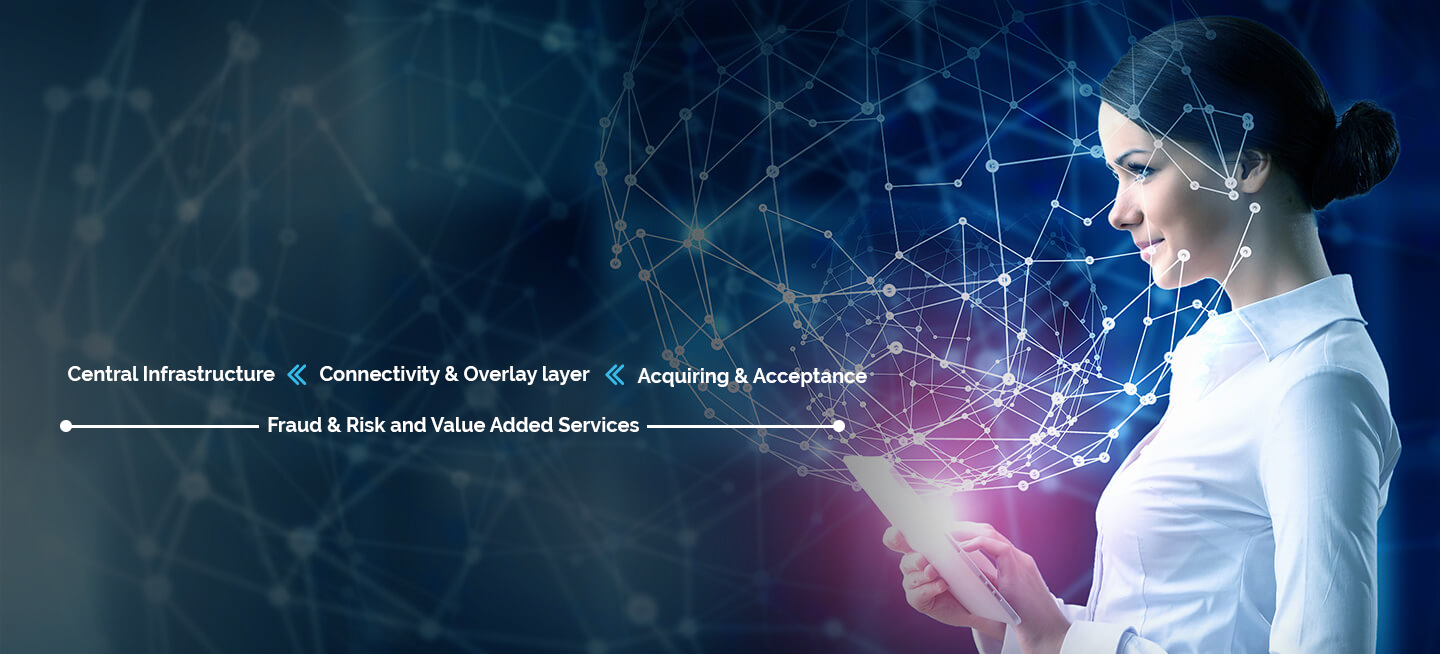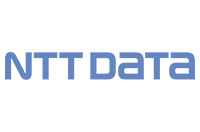
What
We conceptualize and deliver payments solutions

Why
Be at the cutting edge of payment technology

How
By providing expert solutions, By staying nimble and fiercely client focused
Proven and Trusted
Trust, Stability and Predictability

30+ years
payments experience

Global
presence

Building global scale payment infrastructure

RS Payments
University
RS Software delivers Trusts Per Second (TPS)
RS Software
Corporate Overview
Driving Payment Transformation
Our vision is to deliver mission-critical payment solutions that combine innovation and entrepreneurship, to create the new gold standard for digital payments – Payments at the Speed of Thought
Key testimony of how we deliver Trust Per Second across to the last mile of payments acceptance
UPI platform in India, – the first third generation real-time payment system, designed, developed, and implemented exclusively by RS Software became the first platform globally, within 82 months of launch, to process 10 bn transactions in a month.
RS Software worked closely with the core team at Visa, the largest payment network in the world, to transform Visa’s core authorization system’s processing capability from 500 TPS to 55,000 TPS, while being always available, always reliable, and always secure.
The Enterprise Fraud & Risk platform built exclusively by RS Software protects 95% of digital payment transactions of India, processing 11 billion transactions in a month, within 42 months since launch.
Numbers are the best testimony to our credentials
350+ billion
transactions processed annually on platforms we have built, and growing each second
1500+
payment applications engineered across the value chain and growing, transforming humanity
12+ trillion US dollars
value of transactions processed annually on systems engineered by us, and growing by the second
RS Payments University
Building payments for tomorrow, today!
RS Innovation Lab
RS Innovation Lab is the incubator to transform unknown to unforgettable. Staying ahead to set the gold standard in payments globally– real-time payments, bill payment, fraud and risk, wallet, CBDC, IoT, Blockchain, tokenization, hi-speed, high volume transaction processing -> Trust Per Second
RS School of Payment
RS School of Payment brings together depth of payments domain knowledge repositories built over three decades, combines it with cutting edge mentoring process architecture, leverages the best of Silicon valley and India payments innovation -> continuing education to enhance the competency curve that is globally benchmarked to serve leadership clientele.
Insights
EXPLORE OUR THOUGHT LEADERSHIP AND LEARN FROM THE EXPERTS
Get in touch
Innovation DNA combines the best of RS corporate values to focus on constantly adding value to customers’ business































